Leaders of Beijing Municipal Eduaction Commission Visit CUEB to Investigate Classified Development and Discuss Interdisciplinary Platform Construction for Digital Economy
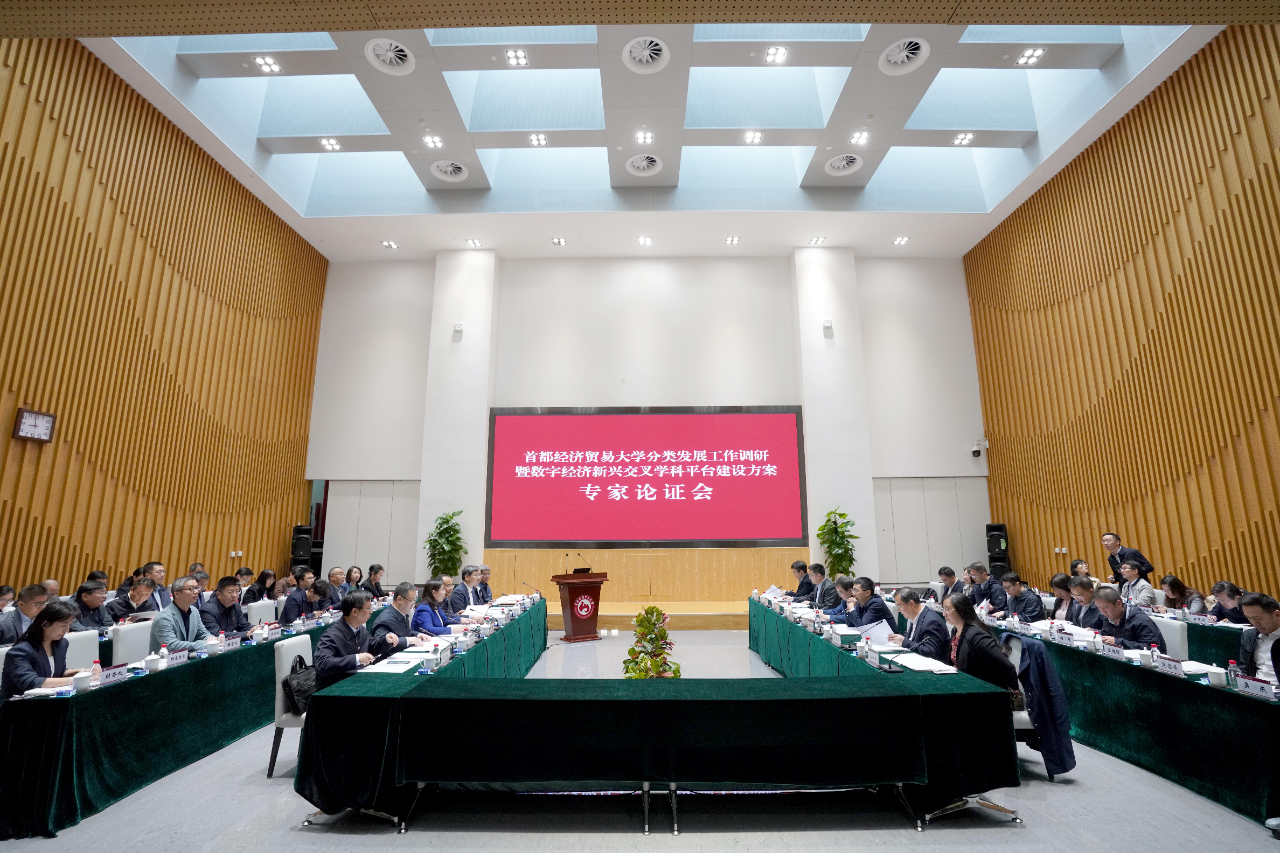
On the morning of October 19, Li Yi, Deputy Secretary of the Education Working Committee at Beijing Municipal Party Committee and Deputy Director of Beijing Municipal Education Commission (short for BMEC), experts on program validation and heads of relevant functional departments of Education Working Committee at the Beijing Municipal Party Committee, BMEC and Beijing Finance Bureau came to CUEB to pay a research visit on classified development and the validation of the construction of the emerging Interdisciplinary of the municipal colleges. Liu Chang’an, member of the work of the CPC Beijing Municipal Education Committee and Deputy Director of BMEC, presided over the meeting. They were escorted by Wang Wenju, Party Secretary of CUEB and Wu Weixing, Deputy Party Secretary and President of CUEB.
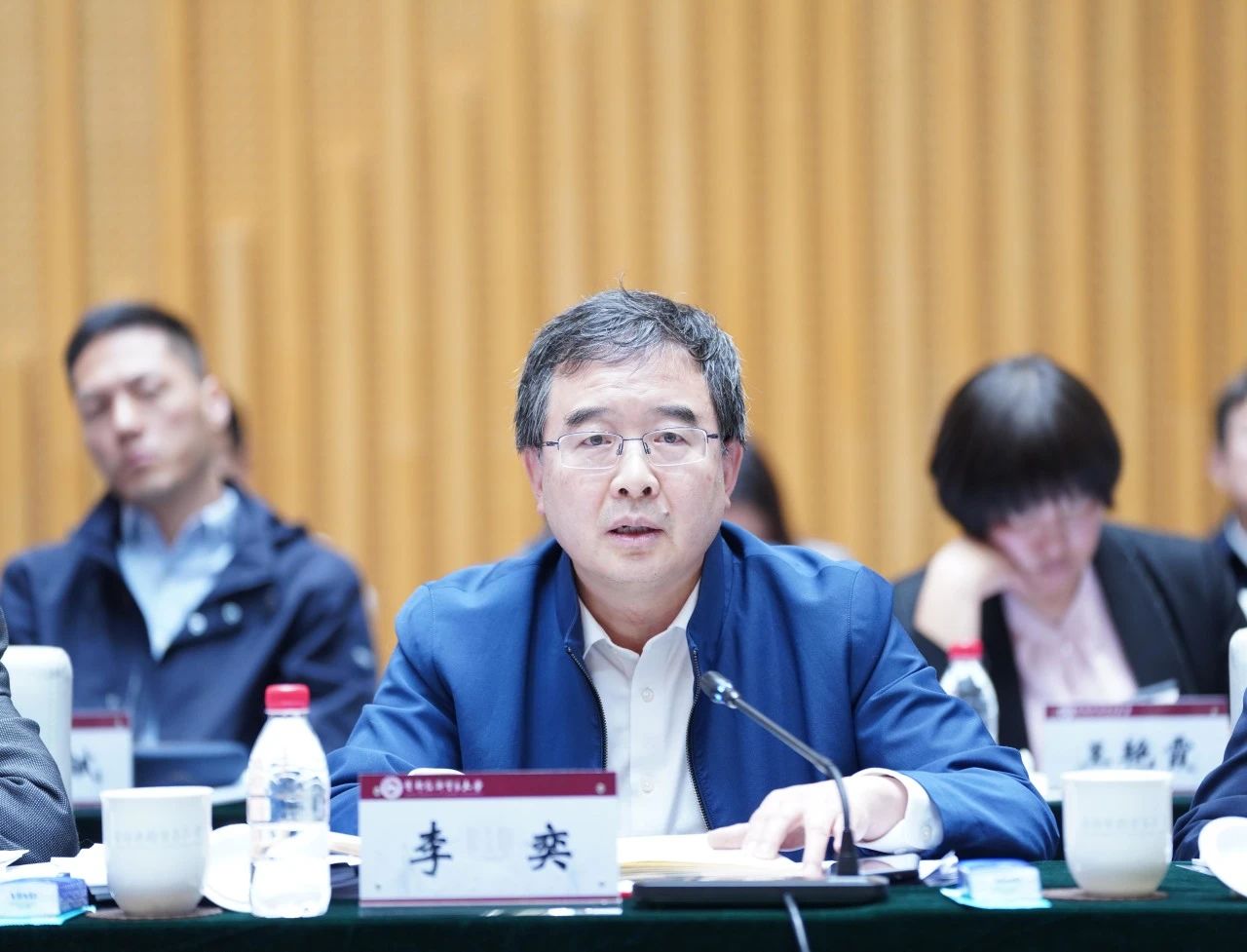
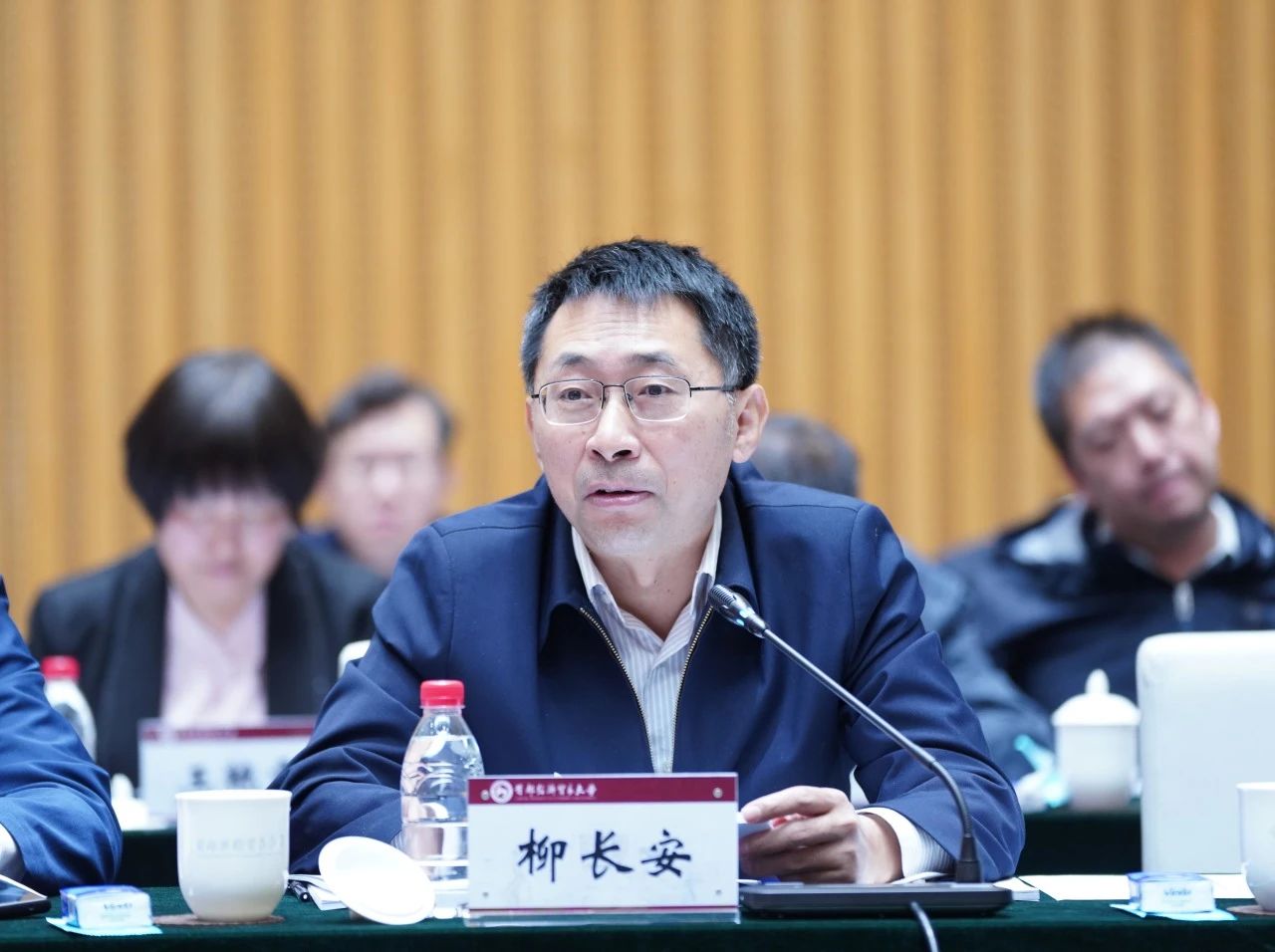
Liu Chang'an presides over the meeting
In his speech, Li Yi gave high praise to the ideas of the classified development project and interdisciplinary platform construction, and presented some suggestions. He pointed out that CUEB, as a municipal high-level research university of Beijing, is highly expected to strive to be a role model in the construction of a strong educational system, devote itself into the capital development, and keep pace with Beijing’s economic and social progress. He stressed that CUEB would focus on the construction of interdisciplinary platforms and professional cultivation, and to serve the high-quality development in Beijing. Firstly, as Beijing seeks to reduce resource use while maintaining economic growth, new driving force is needed by the classified development reform of municipal colleges and universities. The capital’s primary challenges and practical demands should be prioritized, and the features and benefits of specialties should be highlighted, so that educational resources can be more targeted. Secondly, it is necessary to define the concept of “interdisciplinary” and explore ways for its integration. The integrated development of scientific research, personnel cultivation and team building should be pursued as the goal. Thirdly, the municipal universities should pay attention to fostering applied professionals. The excellent graduates will be supporting force for industrial development, to better match the development needs of the capital in the new era. Fourthly, this construction should concentrate on performance assessment to encourage high-level outputs that can deeply empower the high-quality development of the capital.
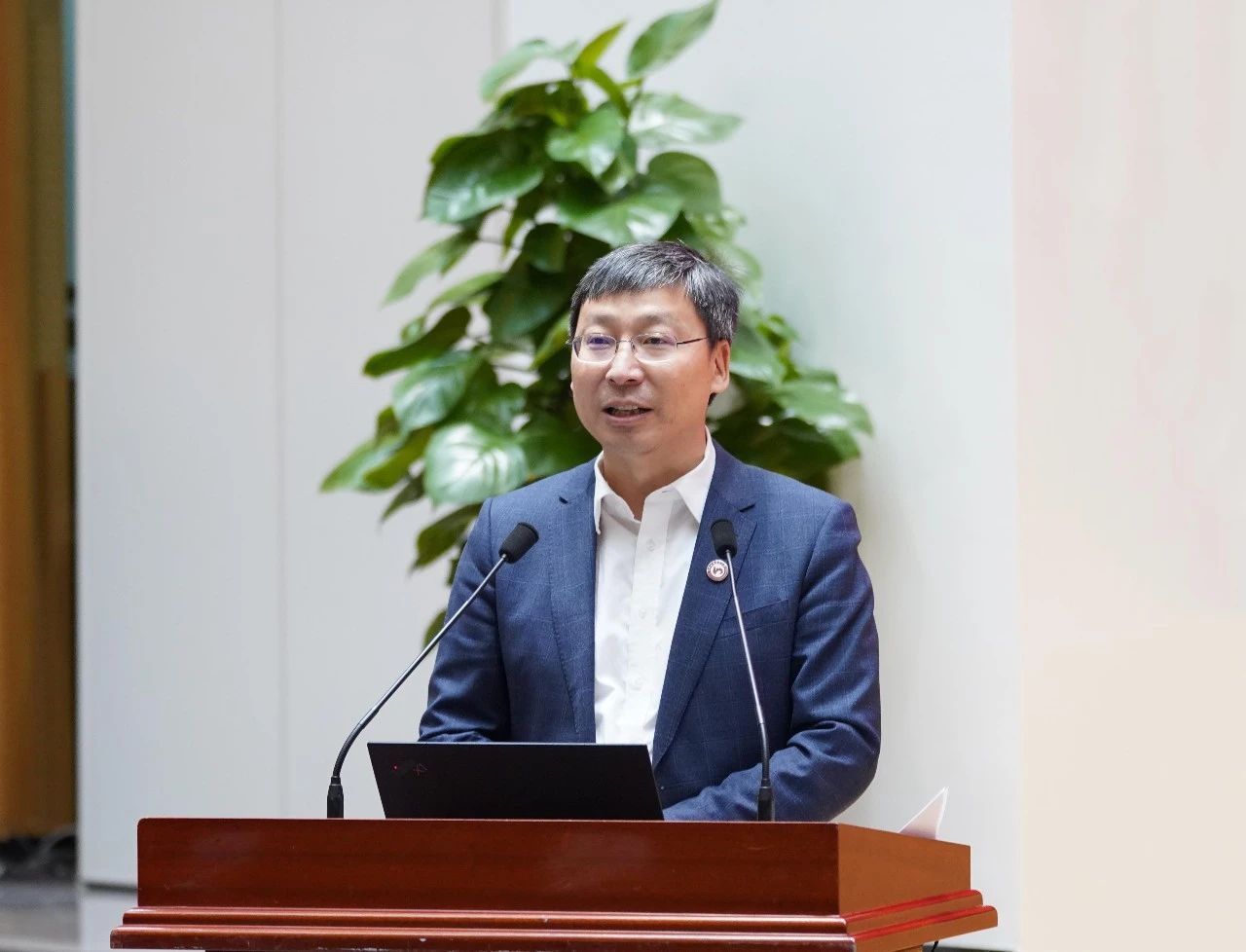
Wu Weixing reported that the construction of the classified development project and the interdisciplinary platform of digital economy relies on the specialized discipline clusters of CUEB, gathers research on the application scenarios of the digital economy, and fosters higher level applied personnels. The aim is to narrow the gap of Beijing’s digital professionals in the new era. In addition, Wu elaborated on the project basis, research content, safeguard mechanism and expected outputs.
The leaders of the relevant functional departments of the Education Working Committee at Beijing Municipal Party Committee, BMEC and Beijing Municipal Finance Bureau conducted a comprehensive analysis of the platform construction, personnel cultivation, research innovation, teaching staff, enrollment, and employment, and then put forward constructive comments and suggestions.
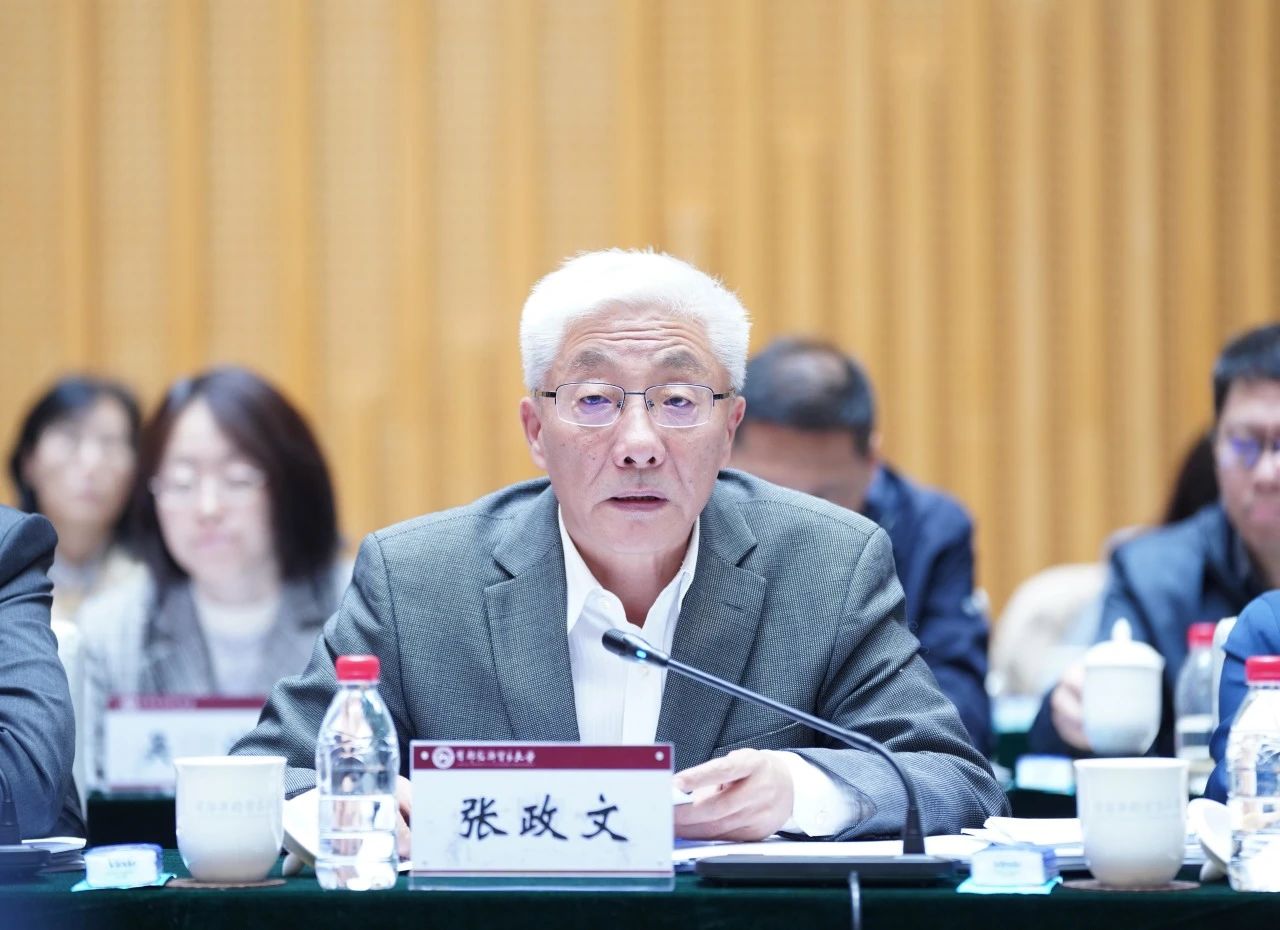
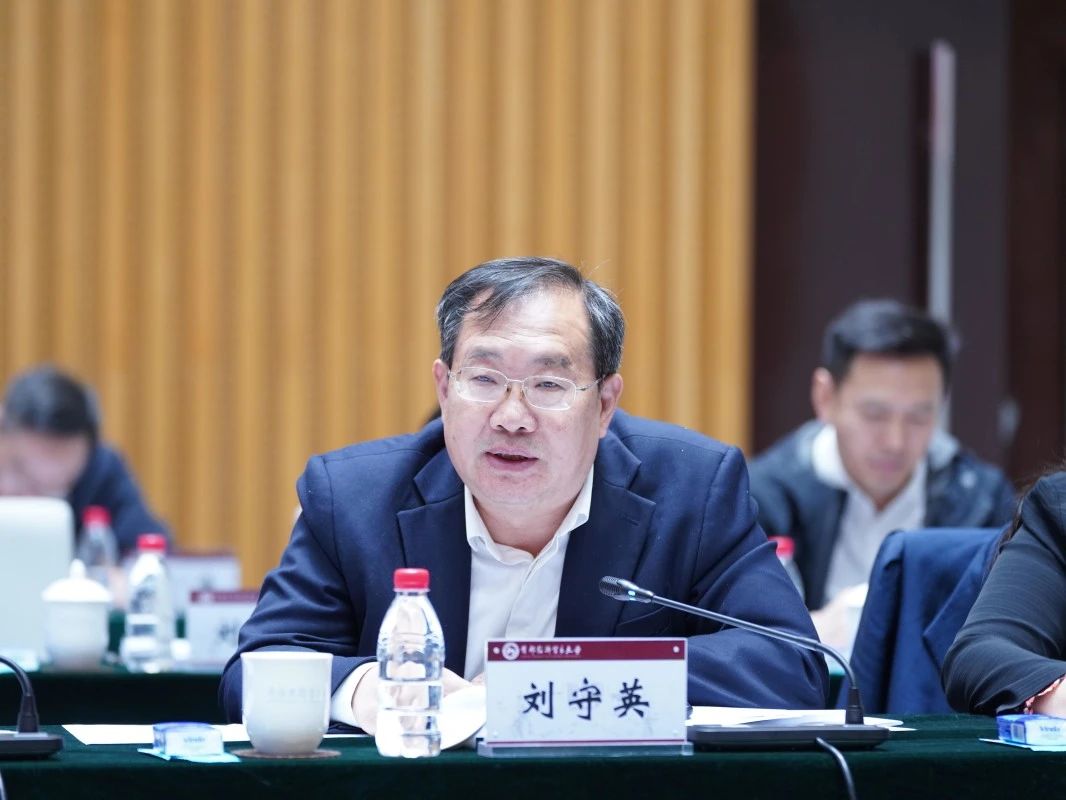
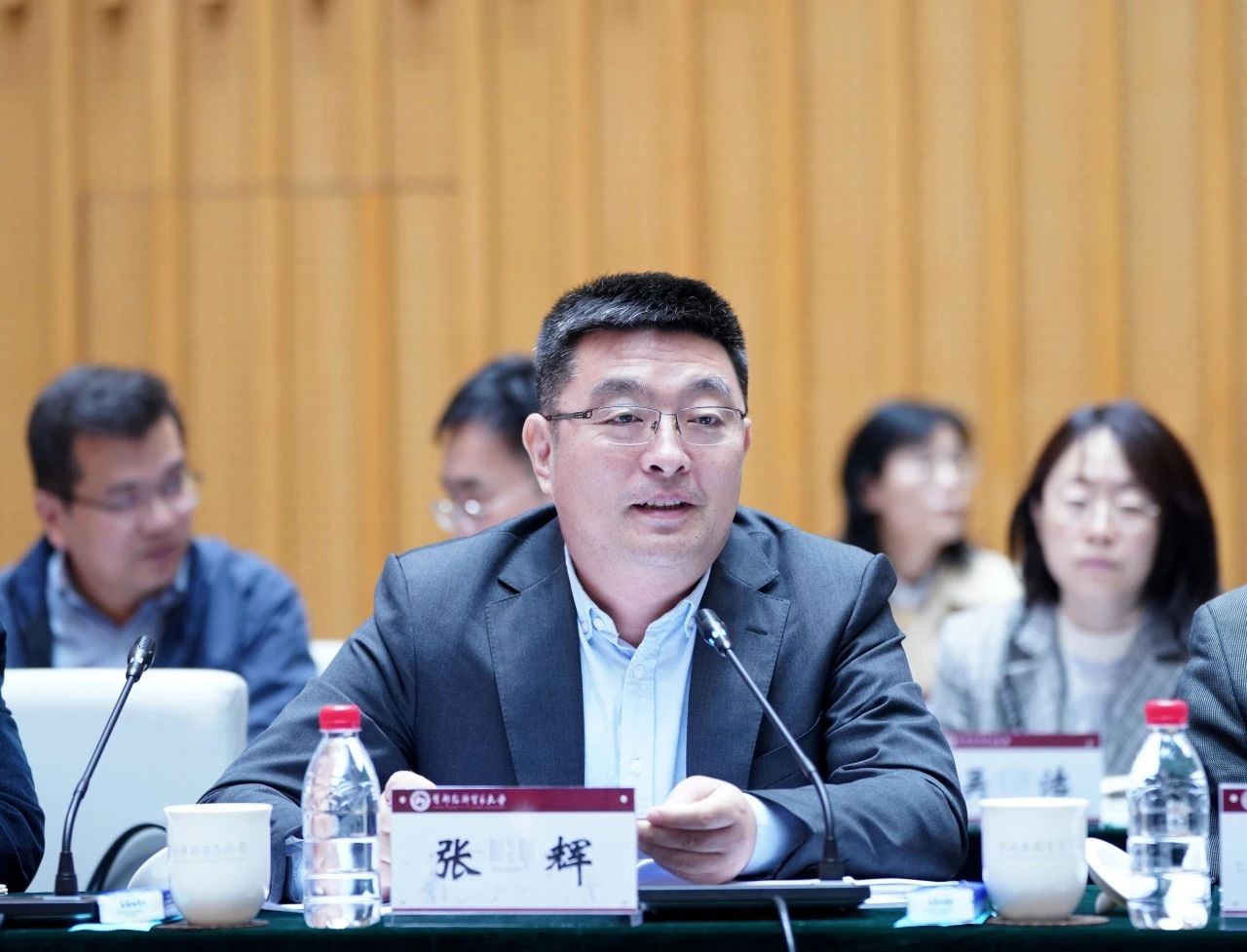
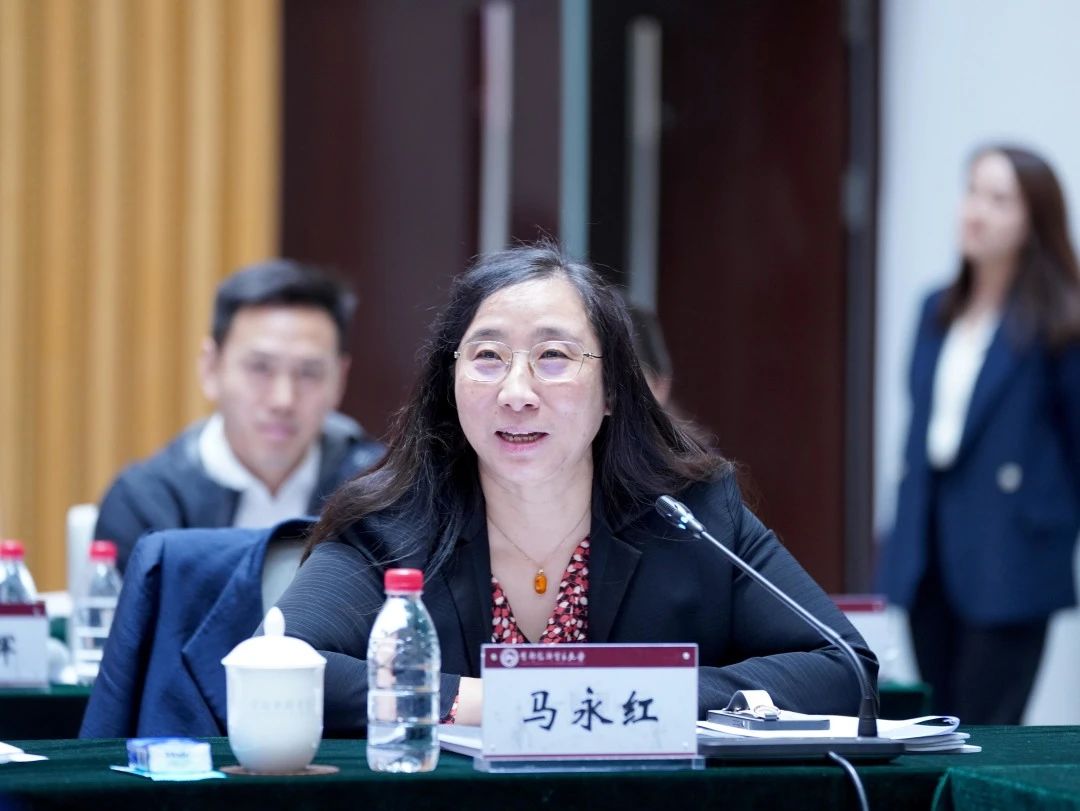
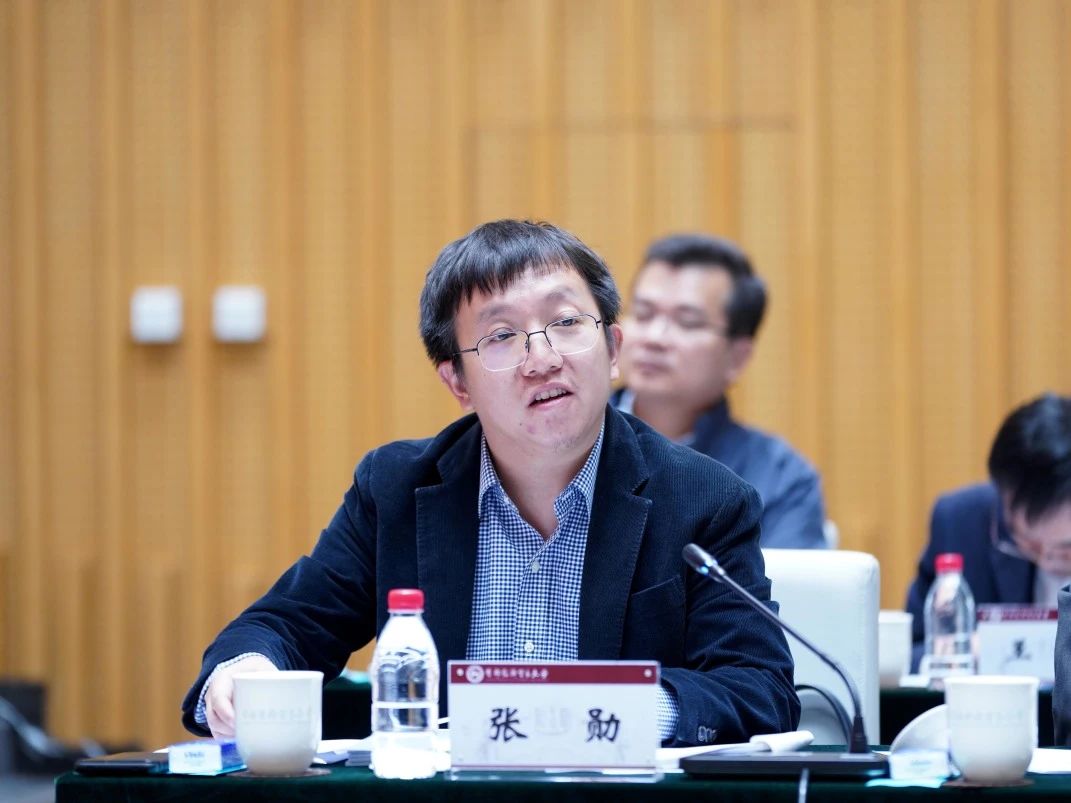
The experts fully discussed the program of digital economy. They all agreed that the construction aiming at the urgent and difficult problems in building Beijing into a digital economy benchmark city, has a broad prospect for the development of Beijing’s digital economy, serving Beijing as the Four Centers (namely, national political center, cultural center, center for international exchanges, and center for scientific discovery and technological innovation), and it shall contribute to the construction of digital China. The construction program was unanimously approved in terms of its solid foundation, proper design, clear construction goals, feasible technical paths, and strong mechanisms.
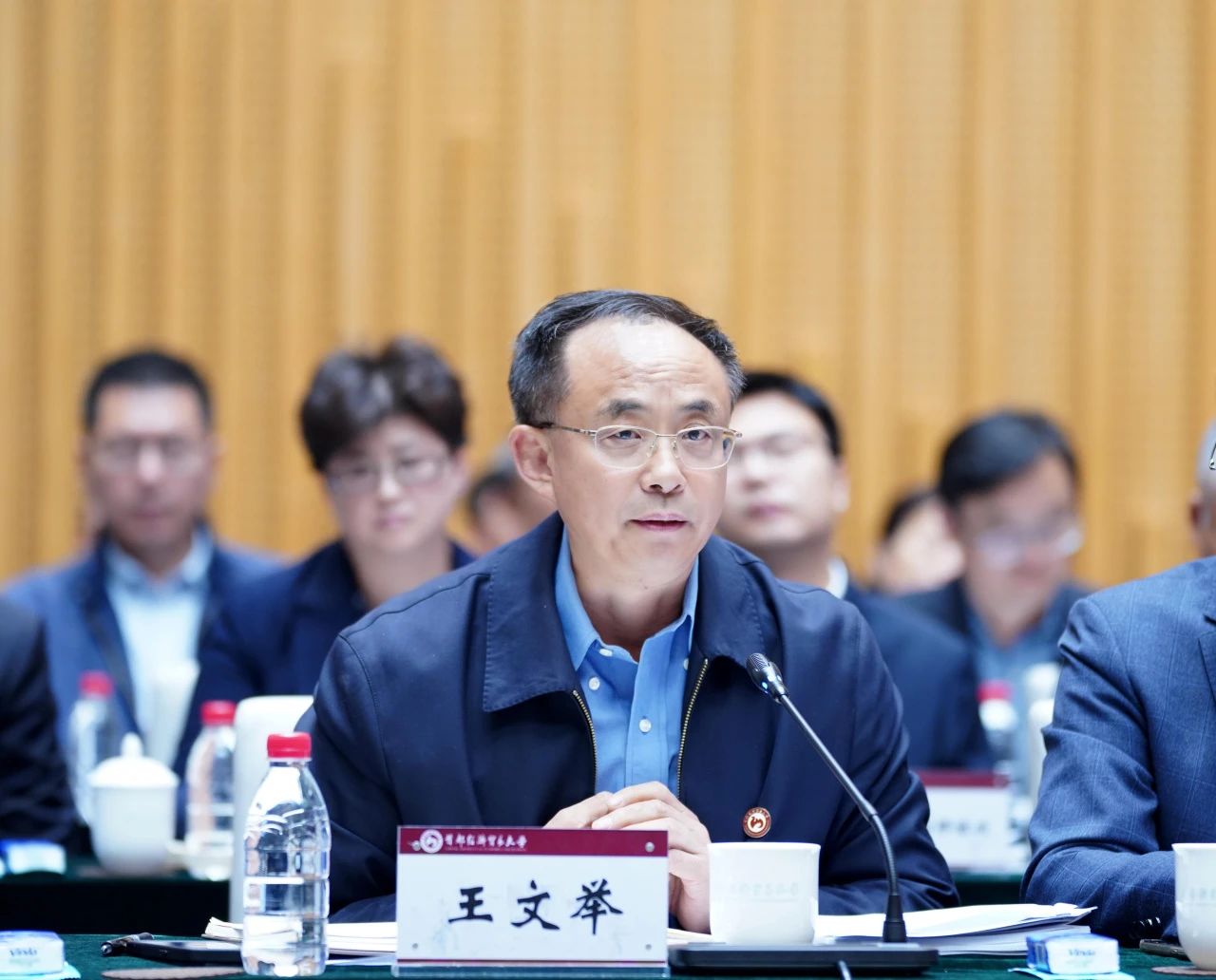
On behalf of CUEB, Wang Wenju expressed sincere gratitude to all present for their long-term support and direction. He pointed out that CUEB would seriously evaluate opinions from experts, and thoroughly put them into practice to serve national strategies and capital development in the new era. In that vein, we should focus on the demand for professionals in the deep integration of the digital economy and social governance, strive to solve the problems of government and enterprises, thus contributing to building Beijing into a Global Digital Economy Benchmark City.
Also present at the meeting was Xu Fang and Meng Bo, Deputy Party Secretary, Mao Baizhang, member of the CUEB Party Standing Committee and Secretary of Commission for Discipline Inspection of CUEB, Yao Linxiu and Chen Yanbin, member of the Standing Committee of CUEB Party Committee and CUEB Vice President, officials of relevant functional departments and heads from various teaching units.
